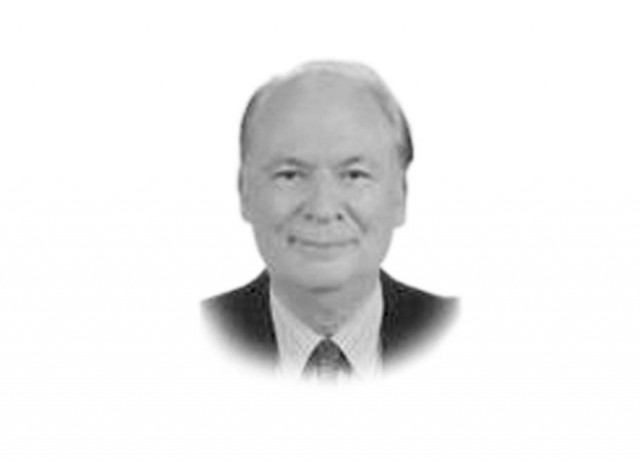Anwar Maqsood’s new play
It was a bold attempt to shatter political stereotypes that the nation has been lumbered with for 66 years.

anwer.mooraj@tribune.com.pk
To let them have their say in this saga of a beleaguered nation, ZA Bhutto, Ziaul Haq and Mr MA Jinnah were exhumed and resurrected. The author left it to the audience to decide if the rebel, dressed like a communist mandarin, complete with stripe-on-collar and Mao cap, was a symbol of nihilism or represented some kind of political rectitude. He also left it to the spectators to determine if the soldier in civvies, who destroyed the basic principles upon which this country was founded, actually encouraged religious intolerance and symbolised political regression.

“Sawa 14 August”, the second part of a trilogy composed by Maqsood, the master of political satire, was staged on a railway platform and the choreography was outstanding. It is directed mainly at the youth of the country who were born long after Partition and were not privy to the traumatic events which led to the dismemberment of the country in 1971 and the destruction of Mr Jinnah’s Pakistan. The play is essentially a commentary on our brittle past and the confusion in which the nation finds itself. In this kind of writing, Maqsood excels. He has an abiding grip on the popular imagination and his sparse, realistic style, full of double entendres eliminates extraneous detail while preserving the essential person.
Zahid Hussain made a good Quaid. He was immaculately dressed in a white satin duck suit complete with matching white shoes and white felt hat, and came across as a somewhat gruff avuncular leader. He did a fair amount of staring into the distance and posing on the staircase. A bent Ziaul Haq, who nevertheless exuded a heavy air of foreboding, was played by an actor called Gauhar. Zia was obviously the bad guy and I am sure that had the director, Dawar Mahmud, conducted a popularity contest at the end of the play, the audience would have voted to send the military dictator to the salt mines. Nevertheless, I found Zia’s posture somewhat incongruous until I learnt in a subsequent discussion with the author that the deliberate bowed stance was induced by a sense of guilt and remorse.
Dr Wassan Wahid’s portrayal of ZA Bhutto was also good. But I couldn’t help feeling he overdid the arrogance bit. The man behind the tsunamis who had promised to cleanse the Aegean Stables was appropriately represented by a clutch of noisy young girls who traipsed around the stage carrying placards. However, the actor who played the angry Pathan and the disgruntled Sindhi, Yassir Hussain, was the cherry on the fruit cake. There is only one word for his versatile performance …brilliant. If he got the greatest applause at the end, it was certainly deserved. If there was a negative comment about the direction, it was the occasional use of slapstick. The script was strong enough to stand on its own without the inclusion of station masters and coolies colliding with one another.
Published in The Express Tribune, September 8th, 2013.
Like Opinion & Editorial on Facebook, follow @ETOpEd on Twitter to receive all updates on all our daily pieces.















COMMENTS
Comments are moderated and generally will be posted if they are on-topic and not abusive.
For more information, please see our Comments FAQ